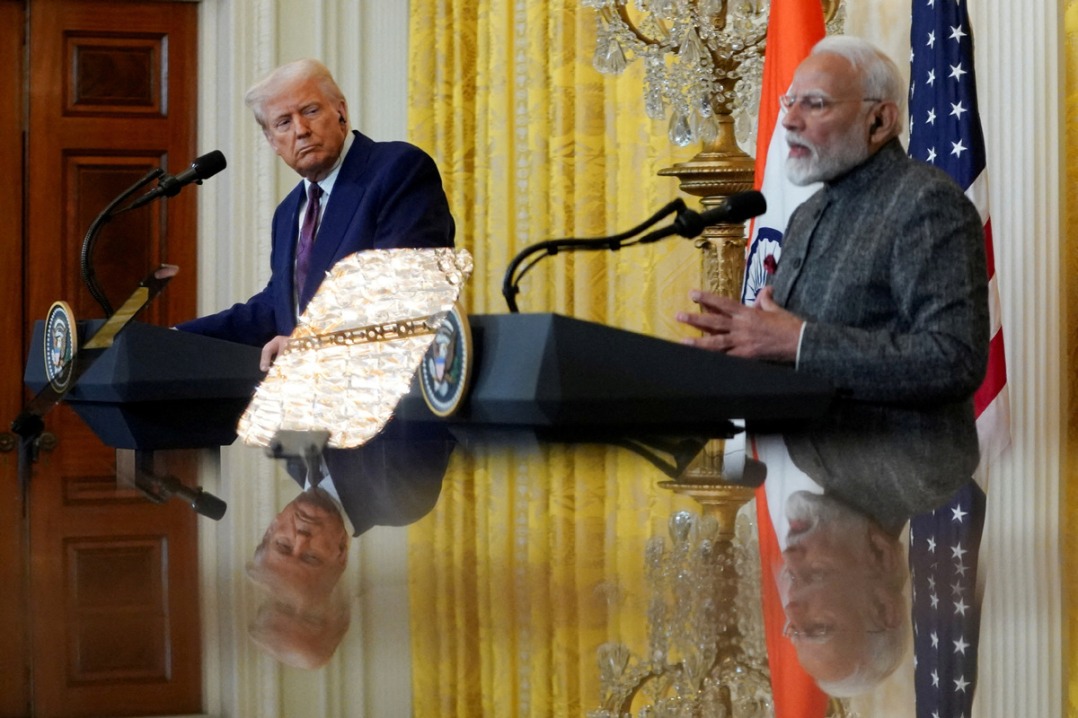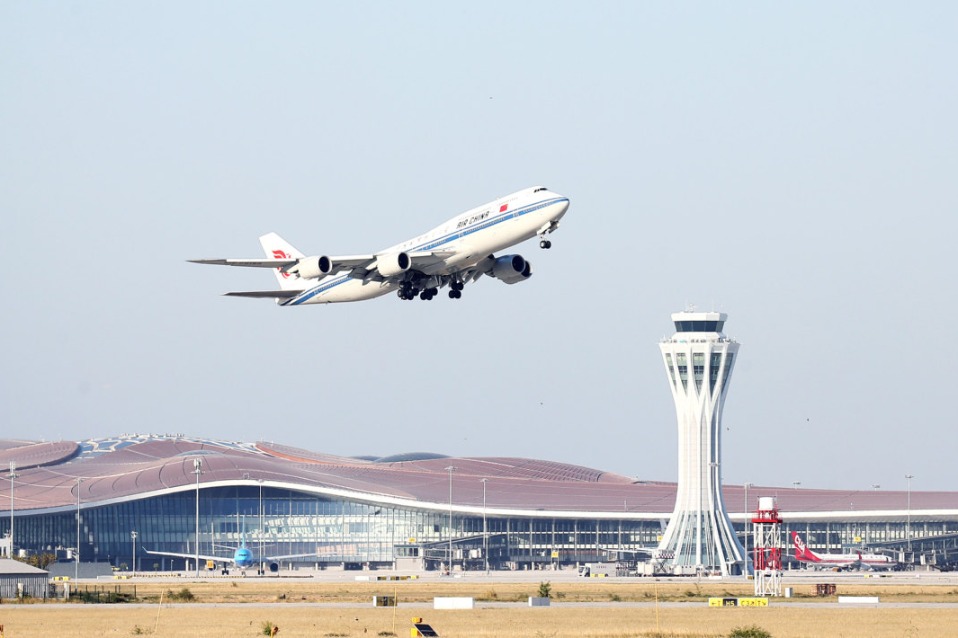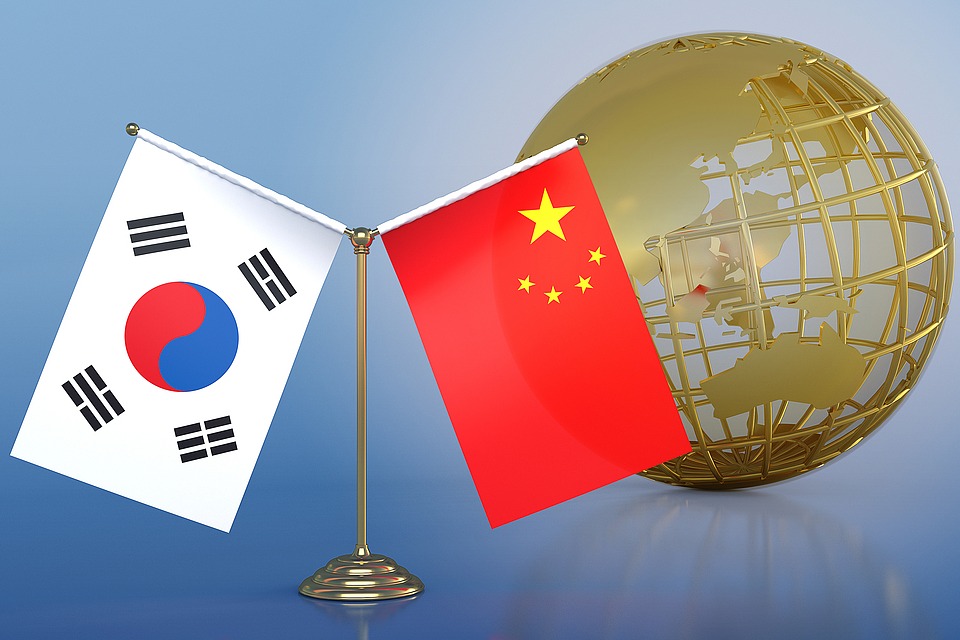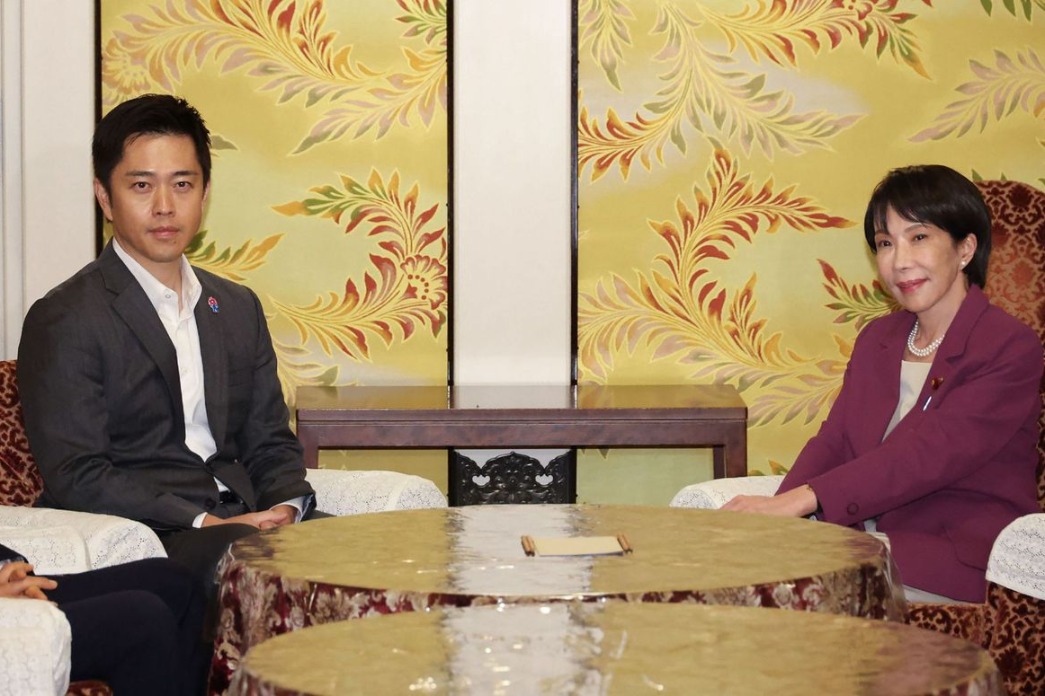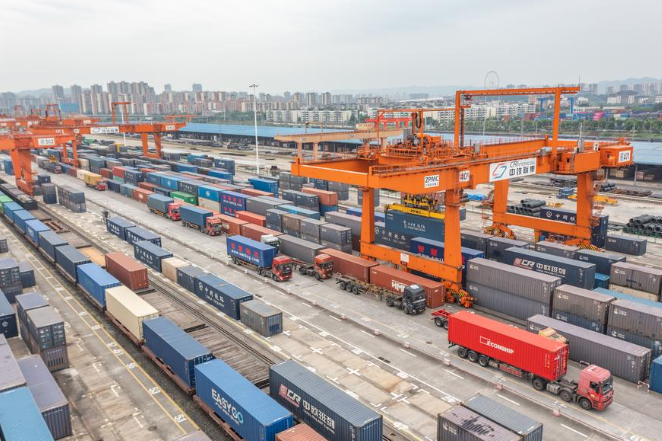Hefty US visa fee rise slams door on Africans

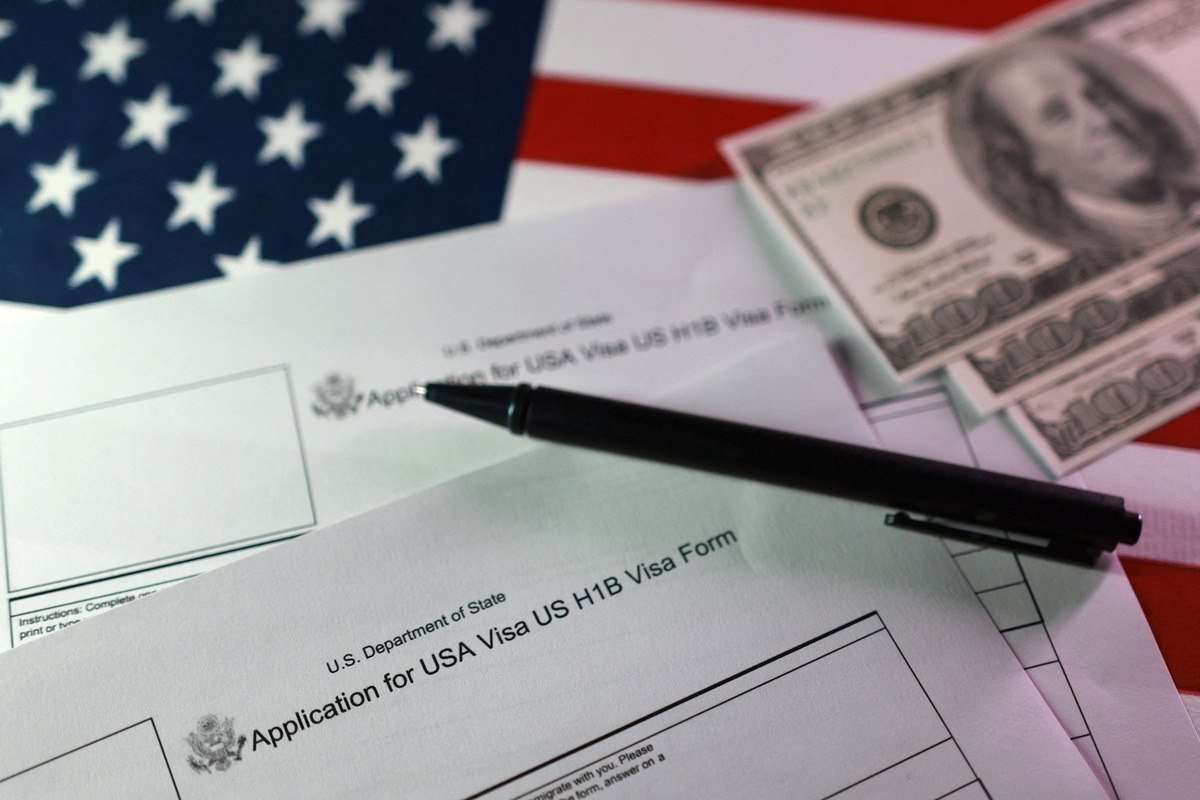
A sharp increase in the fee that the United States charges for its H-1B visa risks shutting the door on African professionals and creating new openings for other countries to attract top talent, experts say.
Last month, the US announced that it was raising the application fee for the H-1B visa, which allows highly skilled foreign professionals to live and work in the country for up to six years, from a few thousand dollars to a flat $100,000, payable by employers at the time of filing.
The US administration said the measure aims to tighten access to immigrant labor and encourage domestic recruitment.
African analysts said the move marks a big shift in immigration policy with far-reaching consequences for global talent flows.
James Shikwati, director of the Inter Region Economic Network, a think tank in Nairobi, said that while the higher fee will put a strain on flows of talent between Africa and the US, it will also hurt innovation in the US.
The change will disproportionately affect smaller companies in the US that rely on international workers, he said.
"For big companies such as Google, they might easily absorb the cost, but for smaller companies, especially start-ups, this will be prohibitive. It will shrink key entry points for African talent into the US market and increase bureaucracy."
The policy could disrupt the global exchange of talent by denying Africans access to competitive salaries abroad and straining the business process outsourcing sector, he said.
The higher fee might also push Africa's youthful workforce toward other regions.
"The increased H-1B visa fee, while painful in the short run, catalyzes African professionals to look beyond the traditional US-centric path toward other accessible markets around the world."
Melha Rout Biel, founder and executive director of the Institute for Strategic and Policy Studies in South Sudan, said the move was unfair and would discourage mobility.
"Who is ready to pay $100,000 for a visa? If you have that money, I would advise you to invest at home. But in the long run, this decision will affect the US itself. With low birth rates and aging populations, developed countries will eventually need immigrants from Africa and other regions."
The American Immigration Council, a non-profit group in Washington, said more than 2.8 million black immigrants were in the US workforce in 2022, supporting fast-growing industries such as healthcare and transportation. Analysts warned the higher fee could slow future inflows from Africa.
Other analysts said the change could accelerate Africa's digital shift. Dieudonne Dany Mbarga, a financial analyst in Ghana, said that while large technology firms may bear the costs for exceptional recruits, it will be "prohibitive for smaller start-ups and for non-tech sectors like healthcare and education that also rely on these visas".
Shikwati emphasized that the biggest opportunity remains within Africa itself, and that the African Continental Free Trade Area should drive competition on the continent, especially in the digital sector. "Africa's youthful population is already primed for global competition."
















